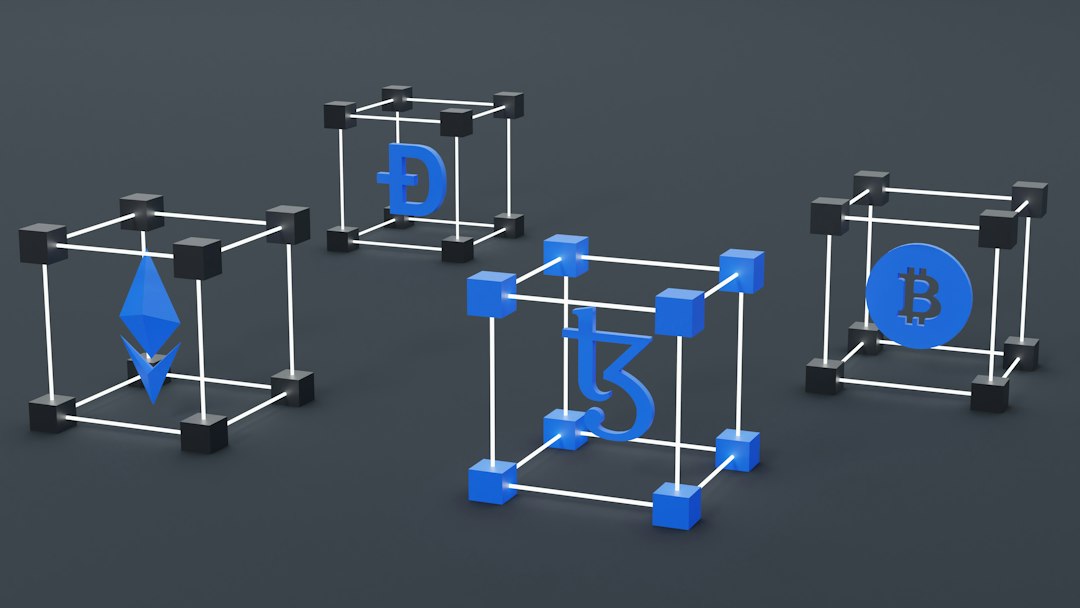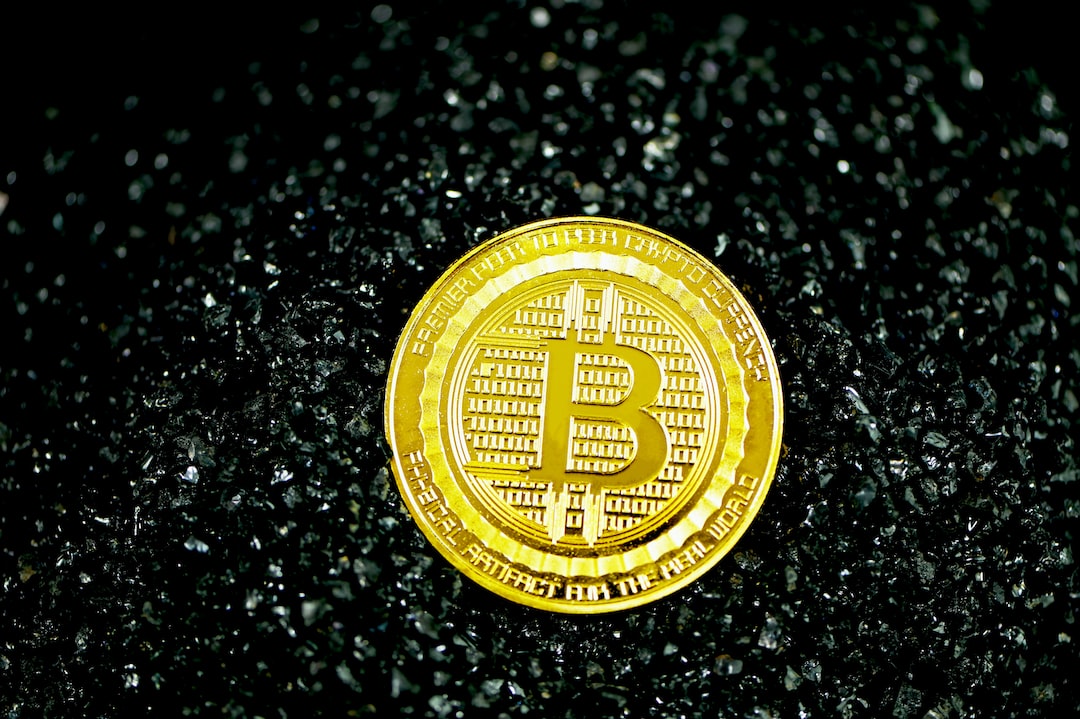Chief Justice of the U.S. John Roberts Warns of AI’s Impact on the Law
The Chief Justice of the U.S. Supreme Court, John Roberts, expressed concern about the increasing influence of artificial intelligence (AI) on the legal system in his end-of-the-year report. While acknowledging AI’s potential to improve access to justice and provide valuable information to lawyers and non-lawyers alike, Roberts also cautioned that AI could invade privacy and dehumanize the law. He highlighted the growing use of AI in smartphones, voice recognition software, and smart televisions. Roberts emphasized that AI can be beneficial for those who cannot afford legal representation, but he stressed the need for caution and humility when using AI.
The Rise of Generative AI and its Impact Across Industries
Justice Roberts made these remarks at a time when generative AI has become prevalent in various sectors such as education, defense, healthcare, and the legal system. He noted that these tools have the potential to address resource limitations in the court system but underscored the importance of exercising caution while using AI. Roberts also pointed out one limitation of AI: hallucinations. Lawyers have experienced cases where generative AI has produced false information, leading to unfavorable outcomes. To combat this issue, developers are investing in improving AI models’ accuracy and reducing hallucinations.
Addressing Biases and Ensuring Fairness in AI-Driven Legal Decisions
Justice Roberts also raised concerns about biases embedded in AI algorithms that may result in unfair decisions during court cases. In criminal proceedings, using AI to assess flight risk or recidivism can raise questions about due process, reliability, and potential bias. Studies indicate that there is a perceived “human-AI fairness gap,” suggesting that human judgments are considered fairer than those made by machines. However, Roberts remained optimistic that AI would not replace human judges anytime soon. Instead, he predicted that AI would significantly impact judicial work, influencing both the process and the judges’ understanding of AI’s role in their cases.
Hot Take: AI’s Role in the Legal System Requires Caution and Adaptation
Chief Justice Roberts’ warning about the influence of AI on the legal system reflects the growing importance of technology in various industries. While AI has the potential to enhance access to justice and provide valuable tools for legal processes, it also raises concerns about privacy, dehumanization, and biases. As generative AI becomes more prevalent, developers must address issues such as hallucinations to ensure accurate and reliable outcomes. Furthermore, efforts are needed to minimize biases and ensure fairness in AI-driven legal decisions. Despite these challenges, Justice Roberts remains optimistic that AI will transform the practice of law while affirming the continued significance of human judges in the judicial process.





 By
By
 By
By
 By
By
 By
By
 By
By